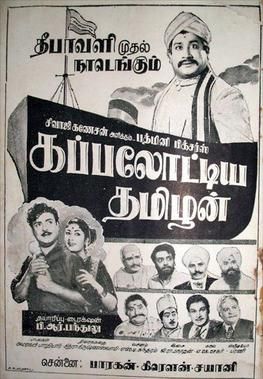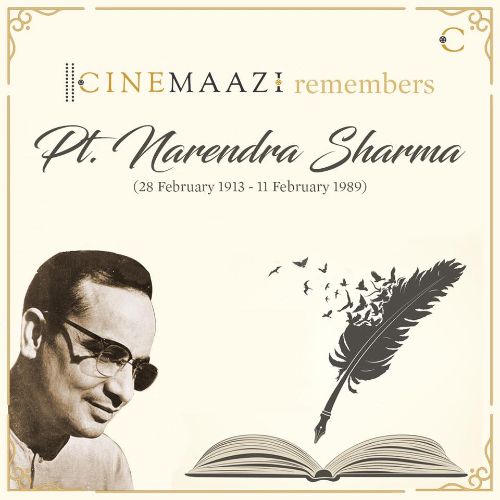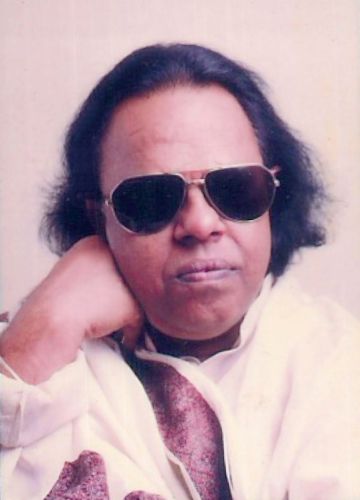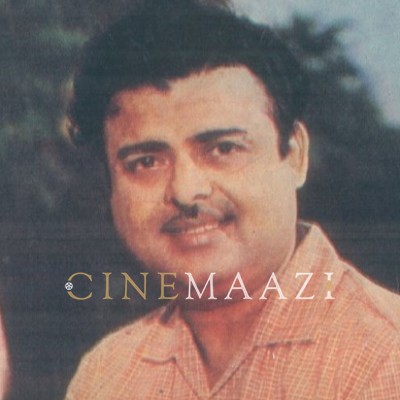This section is for paid subscribers only. Our subscription is only $3700/- for one full year.
You get unlimited access to all paid section and features on the website with this subscription.
Subscribe to read full article
This section is for paid subscribers only. Our subscription is only $37/- for one full year.
You get unlimited access to all paid section and features on the website with this subscription.
Not ready for a full subscription?
You can access this article for $2, and have it saved to your account for one year.
- Release Date07/11/1961
- GenreHistorical
- FormatPartly Coloured
- LanguageTamil
- Run Time180 mins
- Length5335 meters
- Number of Reels20 reels
- Gauge35 mm
- Censor RatingU
- Censor Certificate Number33305
- Certificate Date31/10/1961
V.O. Chidambaram Pillai (VOC) was a lawyer practicing along with his father Ulaganathan Pillai (V Nagaiah) in Ottapidaram. As a lawyer, he often pleaded for the poor, at times appearing against his father, who appeared for the affluent. In one such incident, he appeared for Madasamy (Gemini Ganesan) and won the case, thus winning the loyalty of Madasamy, who also joined his salt extraction plant at Tuticorin. In the 1890s and 1900s, India's independence movement and the Swadeshi movement were at their peak. In the Madras Presidency, the Independence movement was championed by the likes of Subramanya Shivam (T.K. Shanmugam), the poet Subramanya Bharathi (S.V. Subbiah), and Aurobindo Ghosh, later to be joined by VOC, who entered politics in 1905 by joining the Indian National Congress and taking a hardliner stand. Following requests by local citizens who were suffering under the British, he initiated steps to break the monopoly of British shipping in the coastal trade with Ceylon.
On 12 November 1906, VOC and his partners formed the Swadeshi Steam Navigation Company, by purchasing two steamships 'SS Gaelia' and 'SS Lawoe', despite resistance from British companies, thanks to the assistance and support of Lokamanya Bal Gangadhar Tilak, who gave the guarantee to the suppliers for VOC. The ships commenced regular services between Tuticorin and Colombo (Sri Lanka), despite opposition from British traders and the Imperial Government.
VOC thus laid the foundation for a comprehensive shipping industry in the country, more than just a commercial venture. Until then, the commerce between Tuticorin and Colombo was a monopoly enjoyed by the British India Steam Navigation Company (BISN). This courageous move of VOC earned him the title "Kappalottiya Tamizhan" (Tamil helmsman). The British had assumed the Indian venture would collapse but soon found the Indian company to be a formidable challenge. To thwart the new Indian company, they resorted to the monopolistic trade practice of reducing the freight charges per trip by 50%. VOC used his nationalist appeal and ensured the traffic of people and goods. The British company went further by offering free trips to passengers plus a free umbrella, which led to 'SS Gaelia' and 'SS Lawoe' running nearly empty. By 1909, the company was heading towards bankruptcy.
To widen the Swadeshi base and to create awareness of British imperialism, VOC became instrumental in mobilizing the workers of Coral Mills (also managed by A. and F Harvey, now part of Madura Coats) in Tirunelveli. This brought him into increasing conflict with the British Raj. On 12th March 1908, he was arrested on charges of sedition. For two days, Tirunelveli and Tuticorin witnessed unprecedented violence, quelled only by shooting which left four people dead. Punitive police forces were brought in from neighbouring districts. Poet Subramanya Bharathi and Subramanya Shivam too appeared in court for questioning in the case instituted against VOC. He was charged with sedition and a sentence of two life imprisonments (in effect 40 years) was imposed; Shivam was also jailed for 10 years and confined in the Central Prison, Coimbatore from 9th July 1908 to 1st December 1910. The court sentence was a reflection of the fear the British had of VOC, their need to contain the rebellion and ensure that others would not follow in Chidambaram Pillai's footsteps by competing with them.
Chidambaram Pillai was not treated as a political prisoner, nor was the sentence simple imprisonment; instead, he was treated as a convict sentenced to rigorous imprisonment and required to do hard labour. VOC was in fact subjected to inhuman torture which took a heavy toll on his health. He was yoked (in place of a bullock) in the oil press like an animal and made to work under the cruel hot sun. Hence he was also called "Sekkizhatha Chidambaranar". Later, the High Court reduced his sentence and he was finally released on December 12, 1912, 4 and a half years after being in prison. It was sad that no one was present to receive him when he was released from prison except Subramania Shivam, who had been affected with leprosy. Upon VOC's release, he was not permitted to return to the Tirunelveli district. With his bar license stripped from him, he moved to Madras with his wife and two young sons. To his dismay, the Swadeshi Steam Navigation Company had already been liquidated in 1911 by the other partners, and the ships auctioned to the British. Further, his family had lost all their wealth and property in his legal defense. In Madras, almost broke, he continued organising labour welfare meetings. He spent his last years (the 1930s) writing several books on Tamil literature in Kovilpatti and died on 18th November 1936 in the Indian National Congress Office at Tuticorin as per his last wish.
[from the book Pride of Tamil Cinema: 1931 to 2013, by G Dhananjayan, Blue Ocean Pictures, 2014]

Cast
Crew
-
BannerPadmini Pict, Madras
-
Director
-
Producer
-
Music Director
-
Lyricist
-
Story Writer
-
Dialogues
-
Cinematography
-
Editing
-
Art Director/Production Design
-
Costumes
-
Make-up
-
Stills
-
Publicity Design











.jpg)



